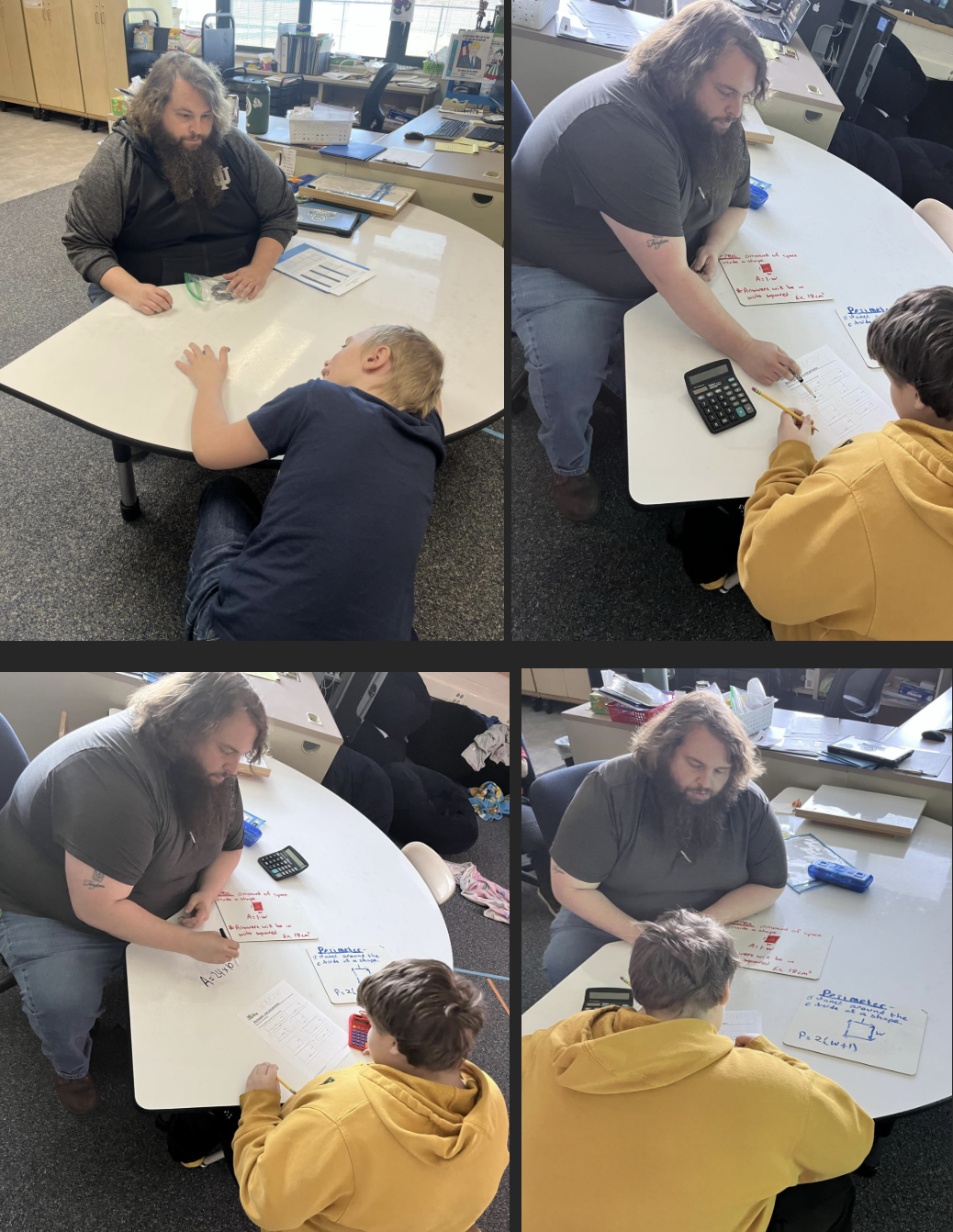At HANDS in Autism®, we believe in the power of collaboration and tailored support to transform educational environments. Our Collaborative Sites initiative is designed to provide hands-on training and resources to educators, helping them create more inclusive and positive classrooms.
One of the key strategies we emphasize is the use of specific positive attention. This approach involves consistently recognizing and reinforcing positive behaviors in students, rather than focusing solely on correcting negative actions. As one educator shared, "I've loved using more specific positive attention within my classroom. It wasn't natural at first, but once we started monitoring and giving positive attention consistently, the classroom felt like a more positive atmosphere. I was looking for the positives in my students instead of only calling out when they did something wrong. It also helped manage some of the behaviors we were seeing as well."
Through Collaborative Sites, educators receive personalized training and support to implement these strategies effectively. By fostering a positive atmosphere, teachers can not only improve classroom behavior but also enhance student engagement and learning outcomes. Our goal is to empower educators with the tools they need to make a lasting impact on their students' lives.
Join us in creating more positive and inclusive classrooms through the Collaborative Sites initiative. Together, we can make a difference!
Contact Us


